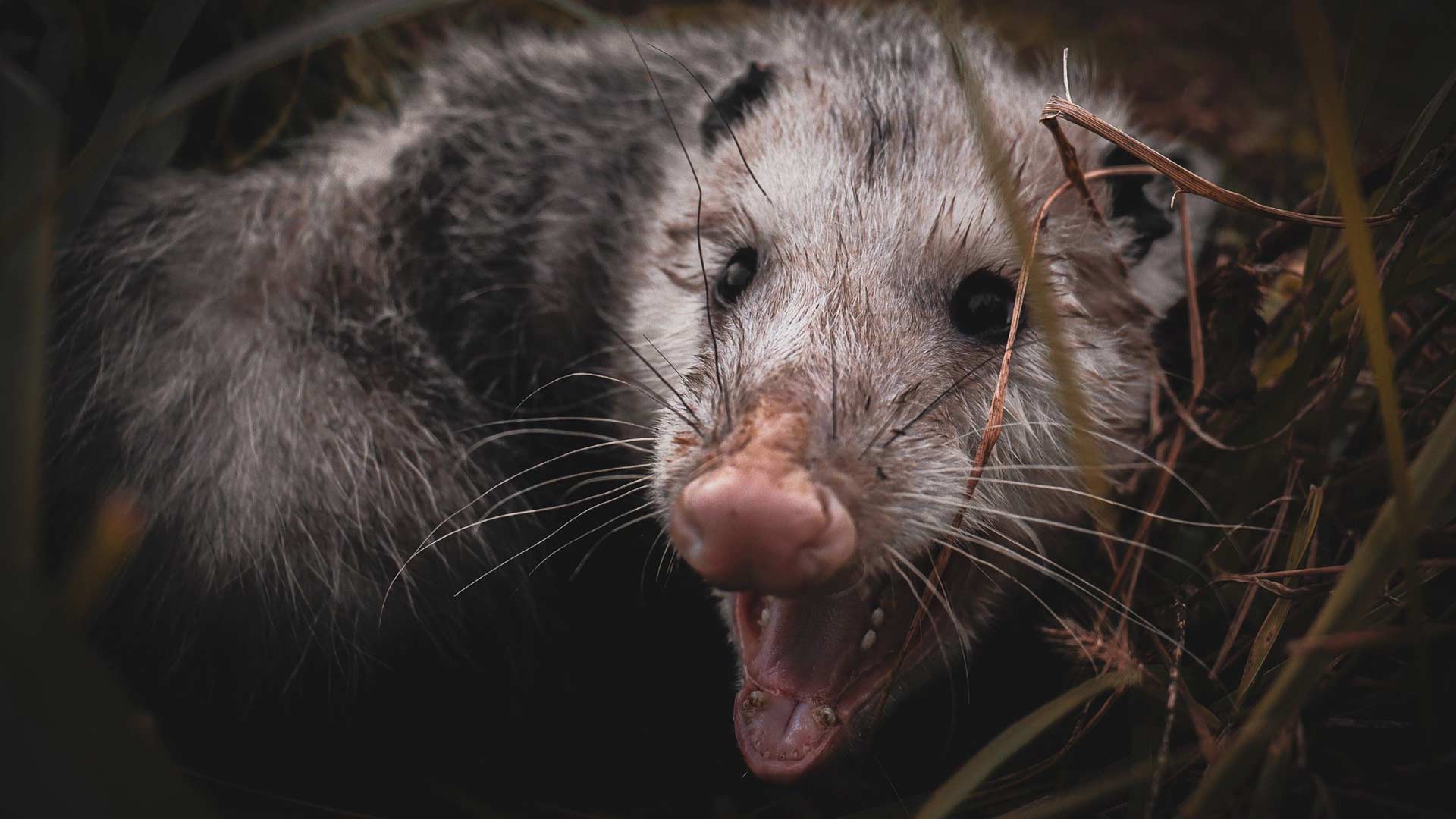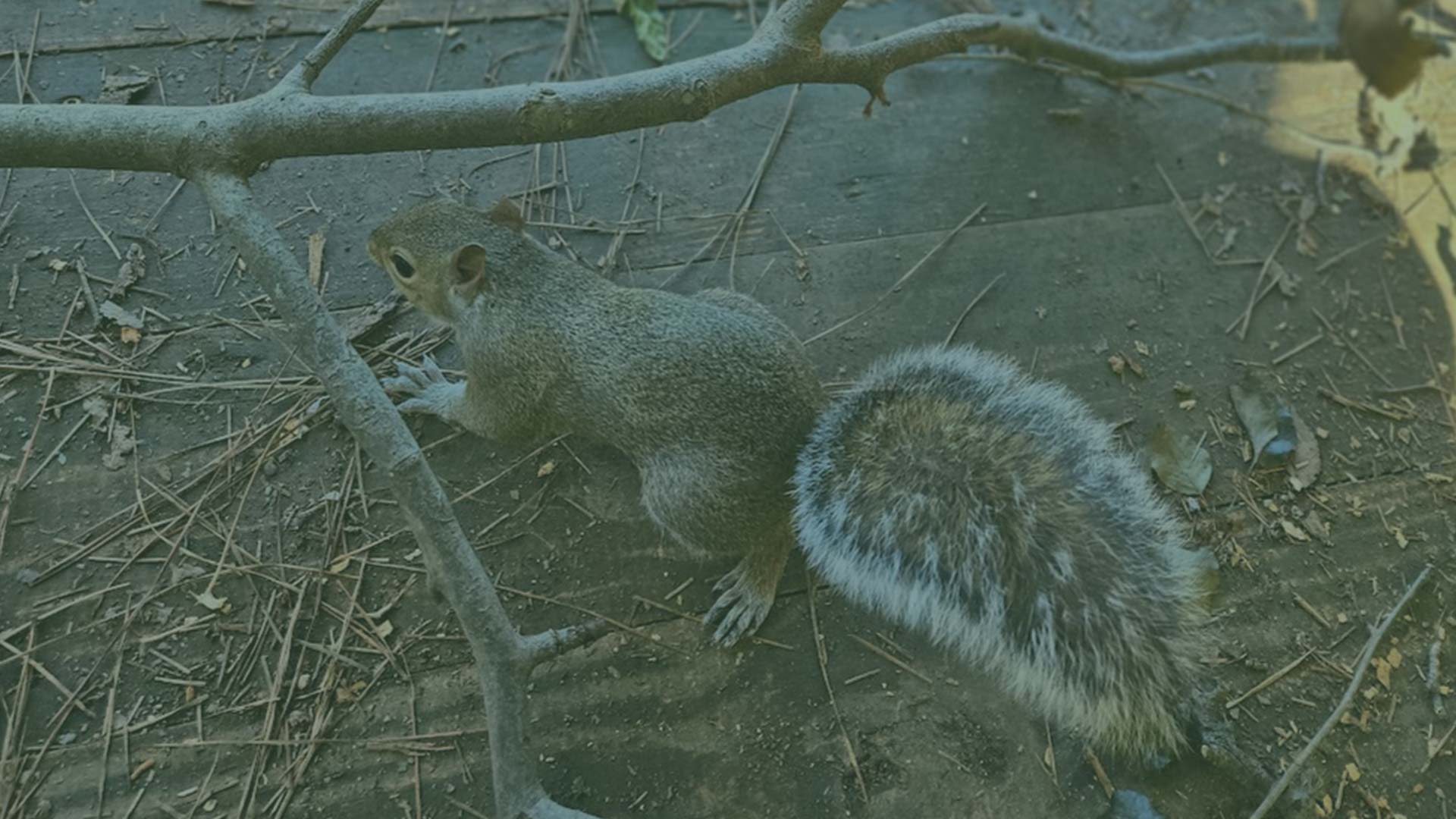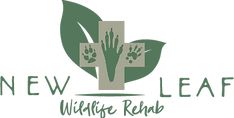Interested in becoming a wildlife rehabilitator?
If you have both passion and compassion for our native wildlife, you may be thinking about learning to rehabilitate orphaned or injured animals. With more and more human encroachment into wildlife habitat, there is a great need for well-trained, caring rehabilitators.
But wildlife rehab is not for everyone. It requires a great commitment of your time and space in your home. It will also impact everyone who shares your home. You will have to adjust your schedule to meet the animals’ needs. You will find that not all animals are easy to work with. They may be messy and/or smelly. You will need to learn to deal with parasites and ugly wounds. And, sadly, you will have to make decisions about when to end an animal’s suffering.
New Leaf members can attest to the fulfillment and joy of saving wildlife. Taking in a helpless animal in dire need, treating its injuries, providing quality nutrition and housing, and watching it return to the wild is one of the most rewarding things one can do. We hope you will be able to share in that amazing experience!
If you’re interest in becoming a rehabber, please send us an email and we will get in contact with you.

Want to lend a helping hand?
New Leaf Wildlife is a network of home-based state licensed volunteer rehabbers. We are only able to provide food, medicine, medical treatments, housing, and necessary supplies through donations from big hearted people like yourself! Thank you!

Got land?
The Charlotte area is expanding rapidly and appropriate release sites that will provide the resources our recovered wild patients need to survive are difficult to find, but you can help!
New Leaf Wildlife is always looking for safe places to release hand-raised orphaned Cottontails, Raccoons, Opossums and Gray Squirrels. These release sites need to be private land that is under your control and you must be willing to allow us to conduct a site visit to determine which species are appropriate for your area.
Each species requires a slightly different habitat so release sites are chosen to meet species-specific needs for vegetation and terrain that have year-round water and food sources. For example: Raccoons and Opossums need mature deciduous woods with water nearby, preferably with lots of oaks and nut bearing trees. Gray squirrels require a similar habitat, but a suburban area may be suitable.
If you are interested in providing local wildlife with a safe release site, please fill out our application and we will get in contact with you to discuss further details.
